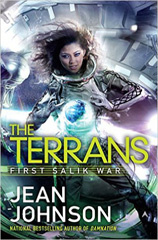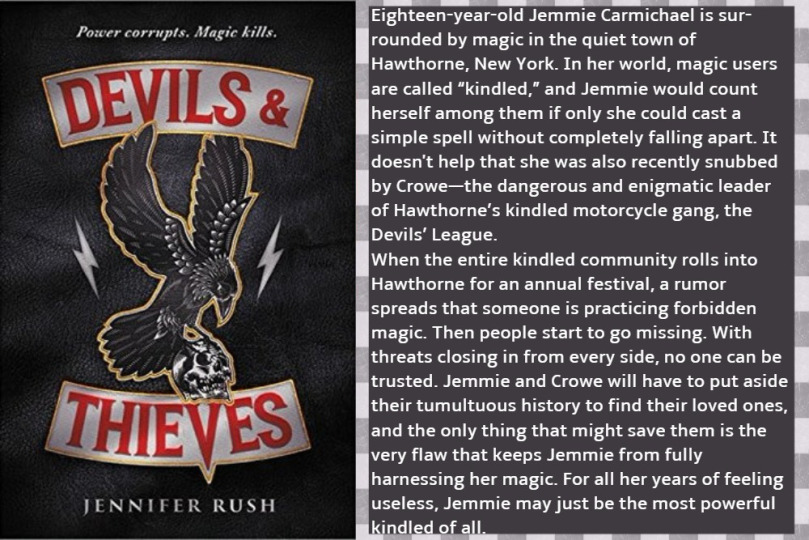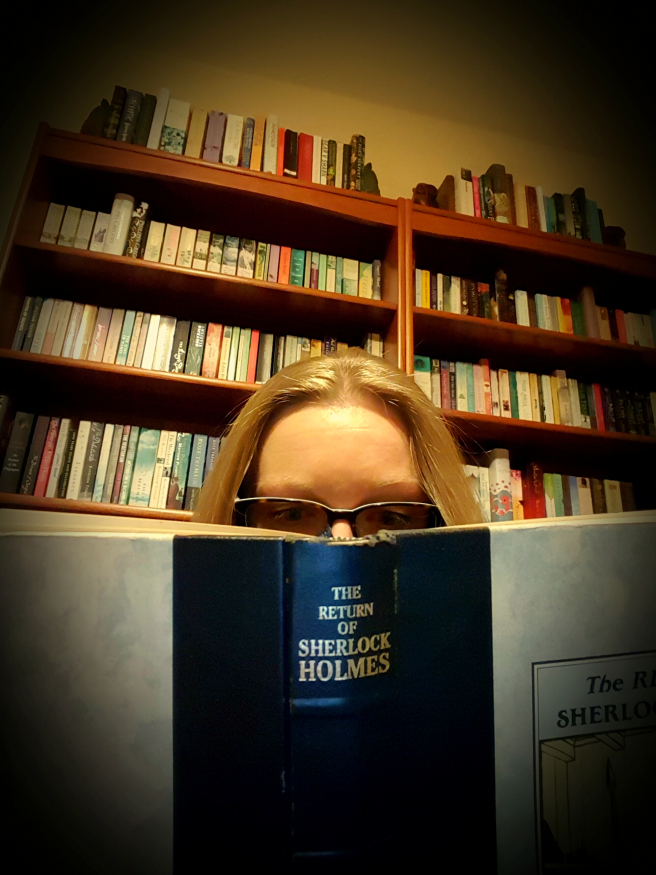Today I want to bring up two pieces of media, a book and a movie, that do a great job with something I don’t see tackled in fiction very often–they delve into the complex details behind the big picture, and make them interesting. They form a story around those details, instead of making it all about the big picture.
Character conflict and personalities are used to engage the audience with the narrative. Meanwhile, focusing on the complexities instead of sidelining them make the stories feel like they belong in a world as complicated as our own. Both of them managed to pull me in by appealing to my sense of curiosity. So it’s fitting for me to talk about both in one post, given that they share their strengths.
The Terrans

Image: Ace via Jean Johnson
Genre: Sci-fi
Synopsis: Jackie is a psi–primarily a telekinetic and telepath–for the United Planets. When her civilization’s precogs start getting visions of a first contact with new aliens, Jackie’s abilities and government experience recommend her as an ambassador for the coming encounter. The mission puts her in the path of a new hostile species, and initiates contact with potential allies–the V’Dan–provided everyone can get over their cultural differences and distrust of a new civilization. The pressure is on Jackie to make sure an alliance goes smoothly, and given the gulf of understanding between them, she’s got her work cut out for her.
Series: First in a series.
POV: Third person, with Jackie serving as the primary protagonist.
Preview: Here.
This book is great for people like me–detail-oriented, and interested in hashing out complexities. The complexities in question are culture clashes, governmental checks and balances, transparency, applications of science. The story doesn’t skimp on much, when it’s relevant to the problem at hand. And it’s nice to see the details that are needed to make the entire thing work weighted appropriately.
Since one of my frustrations with the recent Mass Effect: Andromeda game is some of the oversimplifications in it, this served as a balm to that part of me which wanted every detail treated with the gravity it deserved.
The main protagonist is Jackie, a stern and dedicated professional who wants to do the right thing–and wants to be the one making sure the right thing gets done almost as badly. She genuinely believes in the ideal her government aspires to, and is frustrated by people who don’t meet her own standards for maturity. In a lot of ways, she’s shaped by the expectations of her society, while still retaining a more localized cultural identity that rounds out her character.
She’s thrown into the center of a new and complex cultural interaction, one where both sides face difficulty and frustration in getting over their preconceptions. One nice touch is that both civilizations have advanced their technology differently–which means each of them has made progress that the other hasn’t. There was this illustrative moment where one person was rescued by the other side, and yet couldn’t help but think of his rescuers’ technology as primitive.
This book mostly focuses on a handful of V’Dan interacting with Earth’s civilization–the next in the series is shaping up to tackle the opposite circumstance–so we get a lot more details about Earth’s society. The government is still in essence a representative democracy, but with more citizen engagement. We get descriptions of what safeguards are put in place to combat corruption from previous centuries (including our century.) There’s certainly an appeal to the idea that public officials must not only maintain a plurality of support, but also pass tests on basic knowledge of laws and STEM subjects.
Speaking of STEM, I like how a lot of the science is handled–contact with a subset of humans that have been separate from Earth humans for some 10,000 years is met with quarantine, and a rush to develop vaccines. There are a number of nuanced stances on science and spirituality from several characters.
There are also discussions of ethics–they’re technically focused on government and psi abilities, but my medical research background leads me to associate detailed considerations of ethics with science. I’ve never encountered the same level of discussion on ethics in any other field, (though plenty could use it).
Overall, the Terrans should appeal to people who love to think and overthink–that includes me, which is why I ended up getting really into it.
The Man from Earth
(video)
Genre: Sci-fi
Synopsis: A group of college professors gather to say goodbye to one of their colleagues–only for him to spring a surprise on them that challenges their reality. In the ensuing conflict, the truth becomes a matter of what each person is willing to believe.
Verdict: One of my favorites–a thoughtful piece focusing on character conflict and nuance over action.
The last time I talked about this movie was years ago, but after reading The Terrans, I had to bring it up again for thematic purposes. Not because the premise of the story has that much in common with the book, but because the execution does. Both focus on character conflict coming from people’s assumptions, and both engage in detail-oriented conversations which serve as the primary driver of the plot.
The Man from Earth is about a man who can’t die–meaning he’s been around since prehistory, never ageing. The story delves into the details of what that would actually mean, in a practical sense. What is he capable of remembering? How much knowledge can he accumulate? How could he fit into the world, as he is?
A group of diverse, intelligent people discuss the ramifications–and it gets heated, because each of them approaches the topic from the standpoint of what they want to believe, and what it would take to convince them. They approach it from different areas of expertise–biology, anthropology, psychology. Religion becomes a hugely contentious point, affecting at least one character on a deeply personal level.
The conversation is interesting, the picture the protagonist paints compelling–and the conflict drawn out when people’s beliefs collide is raw and powerful. I still think the ending should have been ambiguous, but the story remains deeply engaging.
I would recommend both The Terrans and The Man from Earth as examples of thoughtful, complex sci-fi that captures the imagination primarily through character conflict and detailed discussion of the practicalities behind big ideas.
Advertisements Share this:




